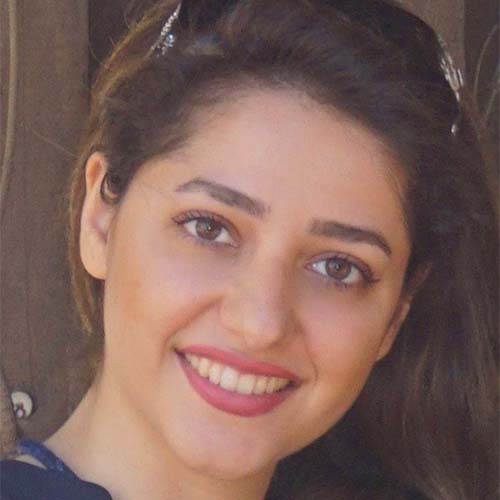
Tenure-Track Assistant Professor, Department of Electrical and Computer Engineering; CEIE Affiliate Faculty
Contact Information
Phone: 703-993-6097
Campus: Fairfax
Building: Nguyen Engineering Building
Room 3215
Mail Stop: 1G5
Email: mparsa@gmu.edu
Personal Websites
In the News
- January 22, 2026
- October 15, 2024
- February 29, 2024
- November 10, 2023
Biography
Maryam Parsa is an assistant professor in the Electrical and Computer Engineering department at George Mason University. Prior to joining Mason, she was a postdoctoral researcher at Oak Ridge National Laboratory in the Beyond Moore Computing group. She received her PhD in electrical and computer engineering from the Center for Brain-Inspired Computing (C-BRIC) at Purdue University in December 2020 with a prestigious four-year Intel Corporation and Semiconductor Research Corporation (SRC) PhD fellowship.
Parsa has broad interests in the areas of neuromorphic computing, neural architecture search, and Bayesian optimization across the full stack of materials, devices, circuits, systems, algorithms, and applications. Her research involves developing causal and physics-based machine learning and Bayesian optimization to accelerate materials discovery. Further, in her focus on neuromorphic computing, her goal is to not only enable accurate, fast, energy-efficient, and resilient intelligence at the edge through algorithm-hardware codesign but also to develop novel hierarchical learning/training approaches based on Bayesian optimization, evolutionary optimization, and synaptic learning rules. She is interested in a wide range of applications such as computational neuroscience, smart healthcare diagnosis, and cyber-physical systems.
Degrees
- PhD, Electrical and Computer Engineering, Purdue University
- MS, Civil Engineering, Purdue University
- MS, Electrical and Computer Engineering, University of Ottawa
- BS, Electrical and Computer Engineering, Khaje Nasir Toosi University of Technology
Research Interests
- Neuromorphic learning
- Bio-inspired robotics
- Distributed learning
- Algorithm hardware co-design
